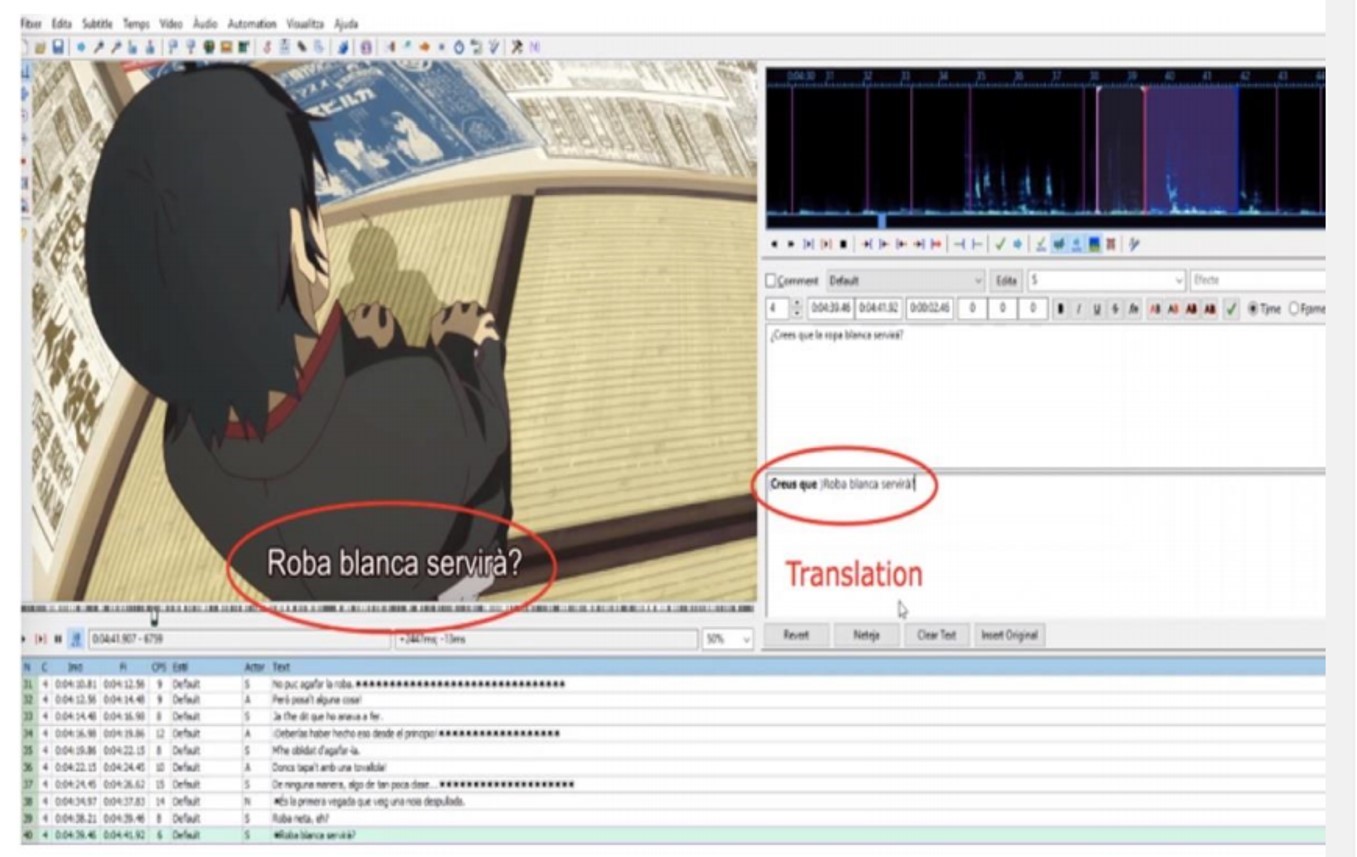Fan community activities help members learn languages
This is the starting point of a study published in the journal Language Learning & Technology which was led by Daniel Cassany involving Boris Vazquez-Calvo and Leticia Tian Zhang, researchers from the Department of Translation and Language Sciences, in collaboration with researchers from the University of Santiago de Compostela, the University of Southern Denmark, and the Autonomous University of Barcelona.

Previous studies have shown the benefits of consuming cultural products and of social participation in digital fan communities, or fandom. Fans’ involvement can lead to the production and exchange of tactical and practical knowledge. Literacy practices, especially related to sociocultural and ethnographic visions of new literacy studies, have attracted the attention of researchers.
The authors of this study, published in Language Learning & Technology, look at fans’ online literacy practices and the strategies that young people take advantage of to learn languages informally and incidentally. In this cultural context, the authors examine various forms of translation of fandom, in video games, fanfic (written narratives), fandub (dubbing) and fansub (subtitling).
The results of their work show that translations by fans promote a new space for creativity and identity
The study involved the participation of Boris Vazquez-Calvo, PhD by the Department of Translation and Language Sciences (DTCL) at UPF, now a postdoctoral researcher at the University of Southern Denmark and the University of Santiago de Compostela (Galicia), first author of the work; Leticia Tian Zhang, a predoctoral researcher (UPF); Mariona Pascual, master in Discourse Studies (UPF) and predoctoral researcher at the Autonomous University of Barcelona, all led by Daniel Cassany, a researcher and professor with the Department of Translation and Language Sciences (DTCL) at UPF.
First, the researchers contacted fan communities via email or private messaging. They held informal private talks online with informants concerning their activity.
”For the study we considered the cases of three Catalan lads, Selo (a 30-year-old English-Spanish video game translator), Nino (a 20-year-old anime fan and a Japanese-Catalan translator), and ALRO (a 26-year-old English-Spanish translator of fan fiction or fanfics)”, explains Cassany
The corpus of the study consisted of interviews and online observation (with screenshots and screencasts of language learning events).
The work follows the conceptual framework of New Literacy Studies, which understand reading and writing in a socio-historical way. To present the practices of literacy and language learning of fans of games, anime and narrative fiction, the researchers focused on four areas of work: the translations of these cultural products done by the fans themselves; the understanding of the original text; the writing and preparation of the translation, and finally, the tools, resources and strategies for collaboration.
The results of their work show that translations done by fans promote a new space for creativity and identity. The translations provide new content and new meanings for the fandom community. As translators, the fans learn languages in very different ways, such as through collaboration by reviewing content or by consulting various sources; self-learning practices, as well as creative practices in the use of Google Translate. The authors hope that the study of some of these informal and successful learning strategies may be transferred to formal education.
Related Work:
Boris Vazquez-Calvo, Leticia Tian Zhang, Mariona Pascual, Daniel Cassany (2019), “Fan translation of games, anime, and fanfiction”, Language Learning & Technology, February, vol. 23, 1, pp. 49-71. DOI: http://hdl.handle.net/10125/44672